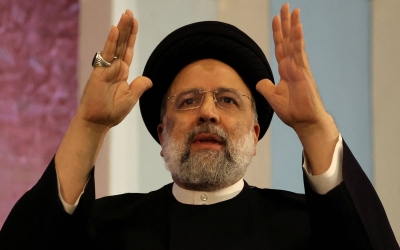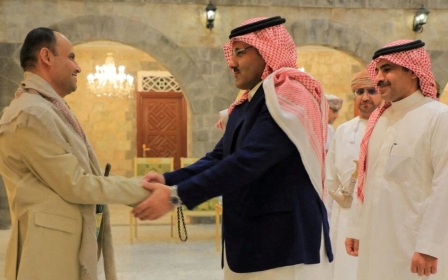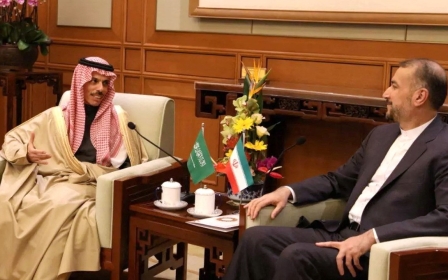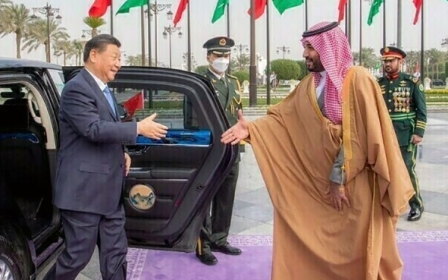Iran invites Saudi Arabia's King Salman to Tehran after agreement
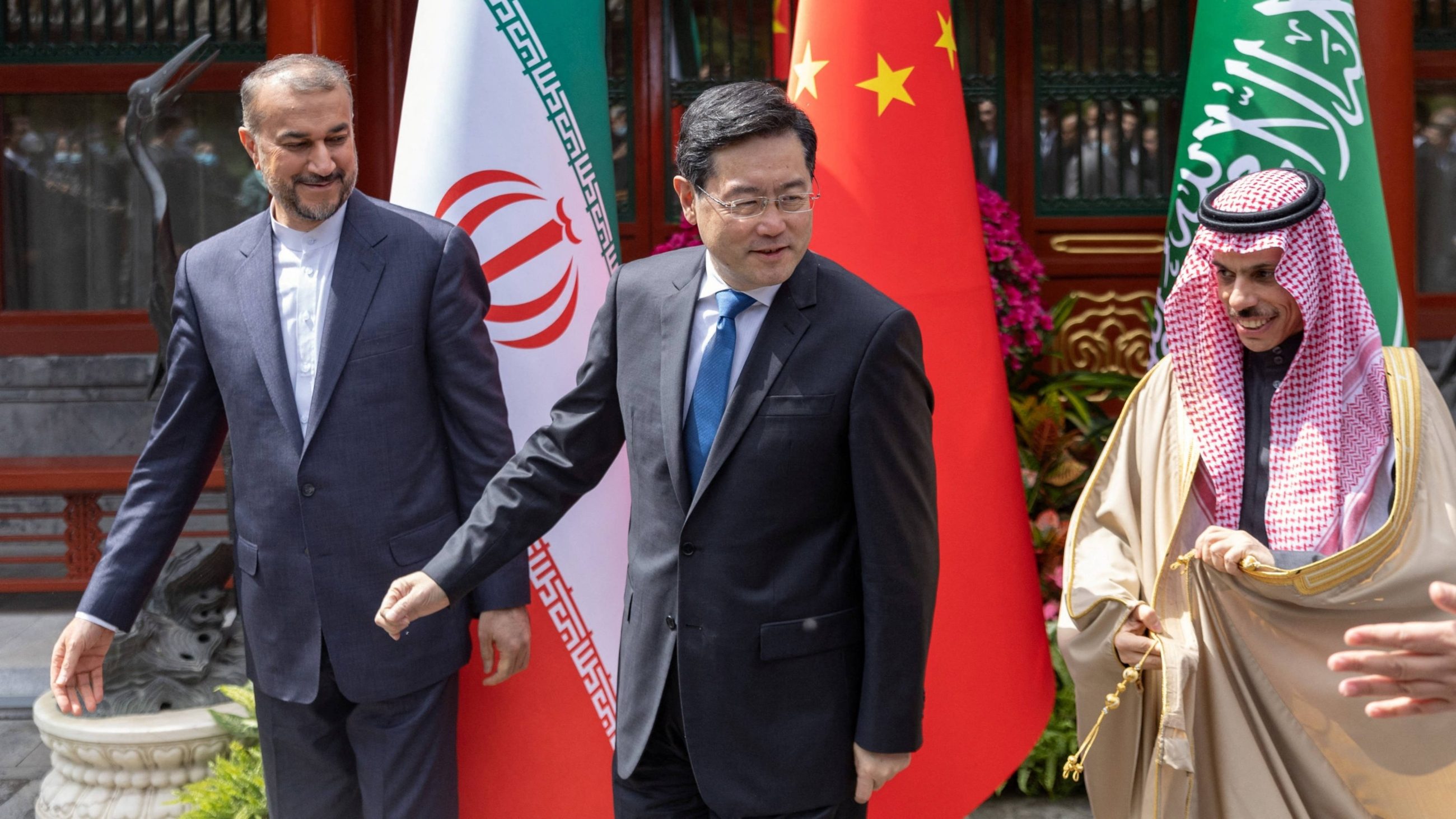
Iran has officially invited Saudi Arabia's King Salman to visit Tehran after China brokered an agreement in March to end decades of hostility between the two regional rivals.
Iran's foreign ministry spokesperson Nasser Kanaani confirmed the invitation on Monday and said King Salman's invite to Tehran would be conditional in return for an invitation to Riyadh by the Saudis.
"Iranian President (Ebrahim Raisi) has sent an invitation to the Saudi king in return for an invitation by Riyadh for him," Nasser Kanaani told a televised news conference.
After years of hostility that fuelled conflicts across the Middle East, Iran and Saudi Arabia agreed to end their diplomatic rift and reopen their diplomatic missions in March.
Chinese President Xi Jinping helped broker the surprise deal which left the United States on the sidelines.
Earlier this month, the foreign ministers of Saudi Arabia and Iran met in Beijing for the first time in seven years. Soon after the two countries released a joint statement announcing that both nations would reopen their embassies for each other within two months.
The delegations also agreed to “expand” their bilateral talks to discuss “important issues”.
Since then, Iran's Tasnim News agency said both countries plan to exchange technical teams to discuss setting up embassies for each other within two months.
Years of tensions
Diplomatic relations between Riyadh and Tehran had been strained since Saudi Arabia's 2016 execution of Shia cleric Nimr al-Nimr, a critic of the Saudi monarchy, and dozens of his supporters.
Attacks by Iranian protesters on the Saudi embassy in Tehran following the execution prompted Riyadh to cut diplomatic ties with Iran.
Tensions between the two countries were already high at the time, given the deadly Saudi-led war on the Iran-aligned Houthi movement in Yemen that started in 2015 and the deaths of hundreds of Iranian Hajj pilgrims in a stampede in the same year.
As part of the agreement signed last month, both sides "emphasised the respect for the sovereignty and non-interference in the internal affairs of each other" and agreed to implement a security cooperation agreement signed in 2001.
The agreement was widely seen as a diplomatic victory for China in the Gulf, which the US considers to be its sphere of influence.
Middle East Eye propose une couverture et une analyse indépendantes et incomparables du Moyen-Orient, de l’Afrique du Nord et d’autres régions du monde. Pour en savoir plus sur la reprise de ce contenu et les frais qui s’appliquent, veuillez remplir ce formulaire [en anglais]. Pour en savoir plus sur MEE, cliquez ici [en anglais].


